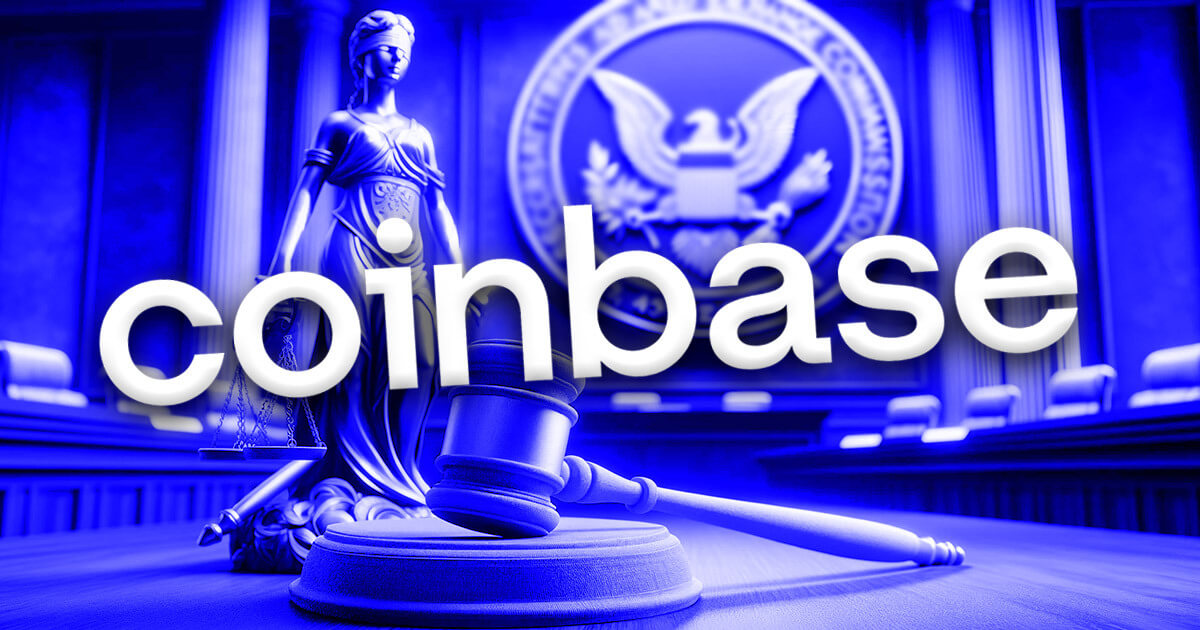
Coinbase filed a closing transient with the US Court docket of Appeals for the Third Circuit on Might 31, difficult the SEC’s denial of its rulemaking petition.
The case revolves round a single, conclusory sentence within the SEC’s order, which “disagreed” with Coinbase’s assertion that present SEC guidelines are unworkable for digital asset corporations.
The alternate argues that this lack of reasoned decision-making ought to lead to vacating the regulator’s order. Moreover, Coinbase needs the court docket to mandate the SEC to have interaction in rulemaking for the crypto business.
Coinbase Chief Authorized Officer Paul Grewal emphasised the significance of this authorized battle on social media and criticized the SEC for providing no substantive reasoning behind its disagreement. He mentioned:
“The SEC’s order should be vacated on this elementary floor alone.”
Grewal highlighted the broader implications of the SEC’s stance, asserting that the SEC is overreaching its jurisdiction with out clear authorization from Congress and with out establishing clear guidelines for the burgeoning digital asset business.
Refusal to offer guidelines
Grewal additionally expressed issues in regards to the SEC’s method, accusing the company of making an attempt to stifle the digital asset business. He mentioned:
“The SEC is bent on choking the digital asset business and is refusing to offer the required guidelines the business has requested so as to tighten the squeeze.”
This sentiment is echoed in Coinbase’s authorized transient, which argues that the SEC’s actions are a part of a deliberate effort to destroy an business by imposing compliance with unworkable laws.
The transient filed by Coinbase contends that the SEC’s failure to have interaction in correct rulemaking violates the Administrative Process Act (APA), which requires companies to have interaction in rulemaking for main coverage adjustments.
Coinbase argues that the SEC’s insurance policies on digital property have been inconsistent and lack a coherent authorized commonplace, making compliance unattainable for business members. The transient states:
“The SEC’s place has radically and frequently modified, creating uncertainty and confusion.”
The submitting additionally highlights the company’s contradictory statements over time and its aggressive enforcement actions, which have focused solely a subset of digital property with out clear steering.
Untenable state of affairs
Coinbase’s authorized staff argued that the SEC should interact in rulemaking to determine clear and workable requirements for digital asset corporations.
The transient factors out that the SEC’s present stance successfully renders your entire digital asset business non-compliant with present guidelines, a state of affairs that’s “untenable and unfair.”
The case has drawn important consideration from the crypto neighborhood and regulatory observers, because it might have far-reaching implications for the regulation of digital property within the US.
Coinbase’s problem illustrates the continuing stress between the digital property business and regulatory our bodies because the business seeks readability and honest therapy below the legislation.
The Third Circuit’s choice on this matter will probably be carefully watched, because it has the potential to form the way forward for digital asset regulation and decide the extent of the SEC’s authority over the business.







